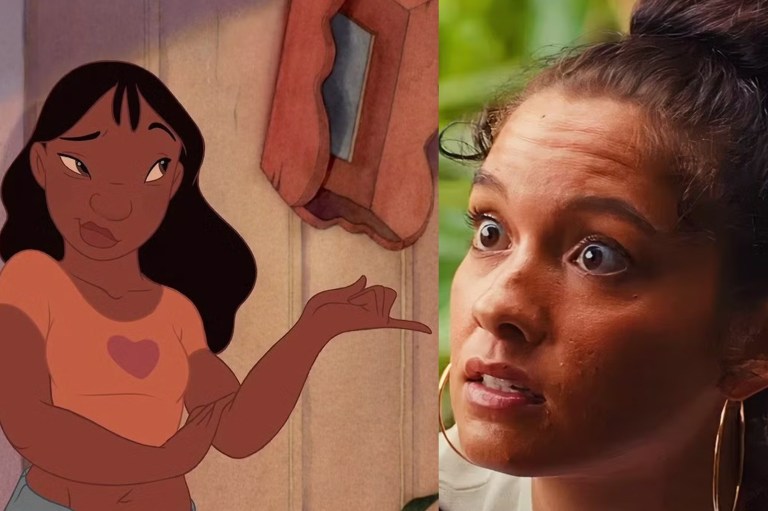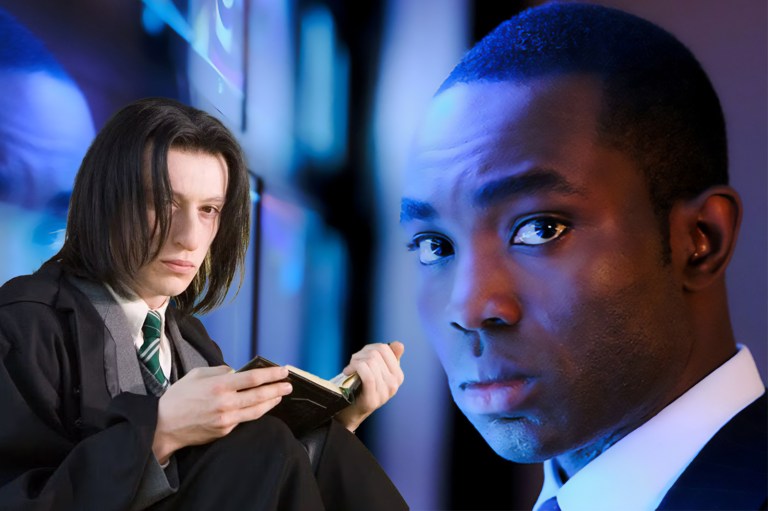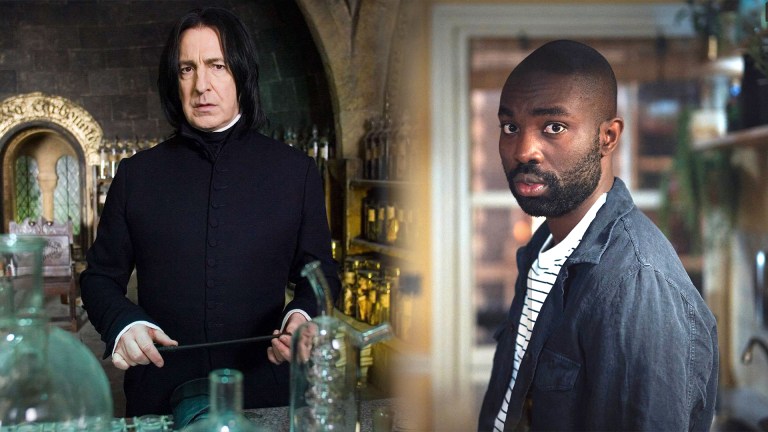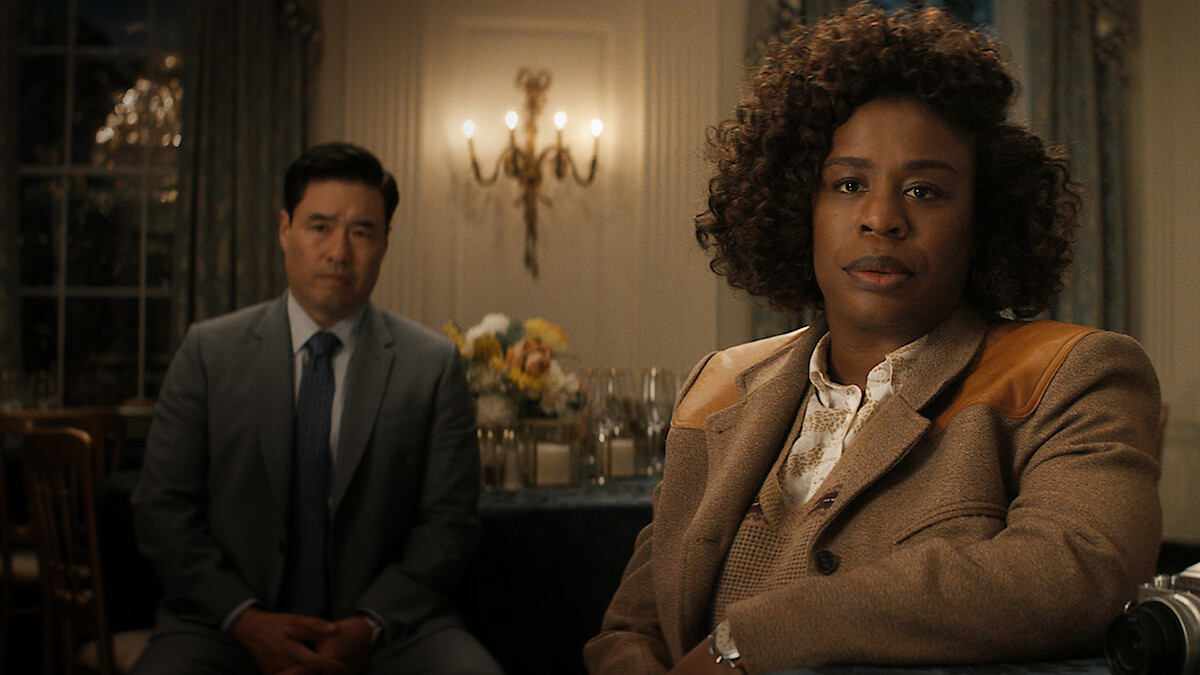
Disney & HBO Should Look To ‘The Residence’ As A Playbook For Successfully Diverse Casting
Hollywood can’t seem to learn from its mistakes when it comes to casting snafus involving diversity and representation. Emma Stone’s Aloha wasn’t enough to prevent Scarlett Johansson’s Ghost In The Shell, and Jake Gyllenhaal’s Prince of Persia didn’t dissuade anyone from casting Johnny Depps as Tonto in The Lone Ranger.
Somehow it’s 2025, and these ghosts-of-poor-choices-past still aren’t teaching studios how to cast movies as diverse as the audiences whose wallet share they’re after.
Enter Shondaland’s recent Netflix release The Residence. If the negative press isn’t what deters repeat offenders, maybe positive reinforcement can convince them to invest in thoughtful casting.
Roles like Cordelia Cupp are long overdue, but that doesn’t mean we love them any less.
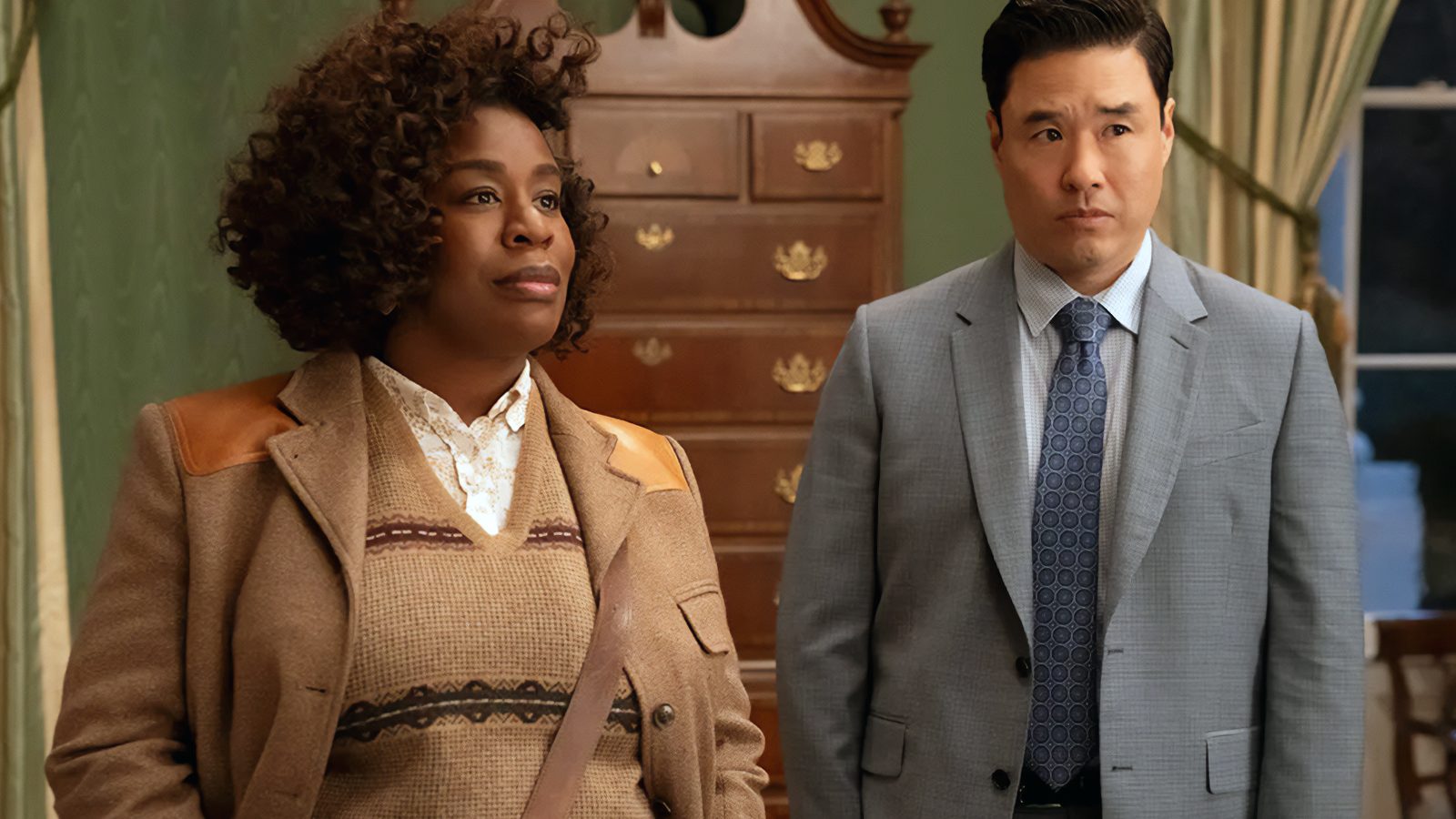
We’ve seen Sherlock Holmes played by so many white men, many British, most just faking the accent, to the extent that he’s evolved from a fictional character into a full blown archetype. We can pull him into the 21st century and make him a doctor named House, or write him a Young Sherlock Holmes prequel more Indiana Jones than Conan Doyle. We can do, in essence, anything we want with his source material.
Which gives us The Residence‘s Uzo Aduba as world renowned detective, Cordelia Cupp. An incredibly intelligent, confident and determined sleuth, avid birder, and nurturing aunt, who also happens to be a woman of color.
We know from many cues, be it her brown tweed ensemble or lack of patience with incompetent law enforcement, that she is undoubtedly the Holmes of this story. She embodies his unparalleled intellect and complete sense of control when it comes to dissecting a case.
This is what representation looks like. Like a woman of color playing the same role men have for decades, and kicking absolute ass at it. Because she’s qualified, because she’s talented, and because it’s interesting and liberating to depict possibilities that have always been there, regardless of any assumed “status quo”.
Because women want to see themselves as they are. As the body types and skin colors they see reflected in the mirror, not just in magazines. As individuals who are more than sidekicks, mothers, maids, or mistresses.
Cordelia Cupp gives a face and a voice to these demands. This is the playbook for what can happen when Hollywood casts a wider net for heroes that should be applied to the following projects facing fan backlash.
The Snow White live action remake is a PR nightmare.
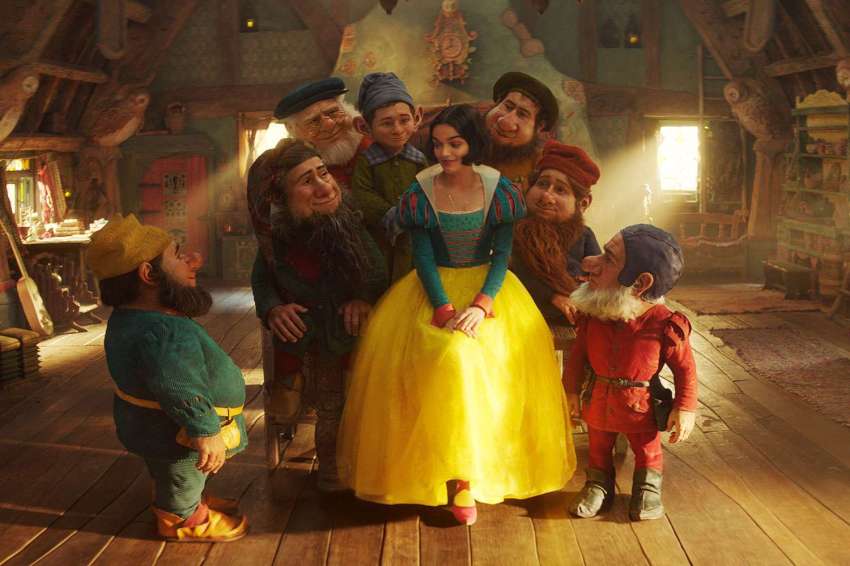
Archetypes are easy enough to diversify, but stereotypes are where studios need to tread cautiously. Despite Disney’s claims they consulted members of the dwarfism community during development, they’ve already come under fire from actors like Peter Dinklage for reinforcing “backwards” stereotypes, as well as Jason Acuña for taking away acting opportunities for people with dwarfism by choosing to animate these seven titular characters.
My hot take? If you can’t avoid offending this community, you can avoid making the movie altogether. We’re talking about IP so old it can’t be officially dated, though the Brother’s Grimm story published in 1812 serves as a decent road marker.
The Snow White of 1937 exists within the context in which it was made. We can deconstruct it and shine light on all the ways in which it was problematic, but our expectations for how to respect members of a group that has historically been marginalized, exploited, and stereotyped have greatly changed. Anyone who’s watched TLC and has half a brain could tell you that.
The Lilo & Stitch remake has casting problems of its own.
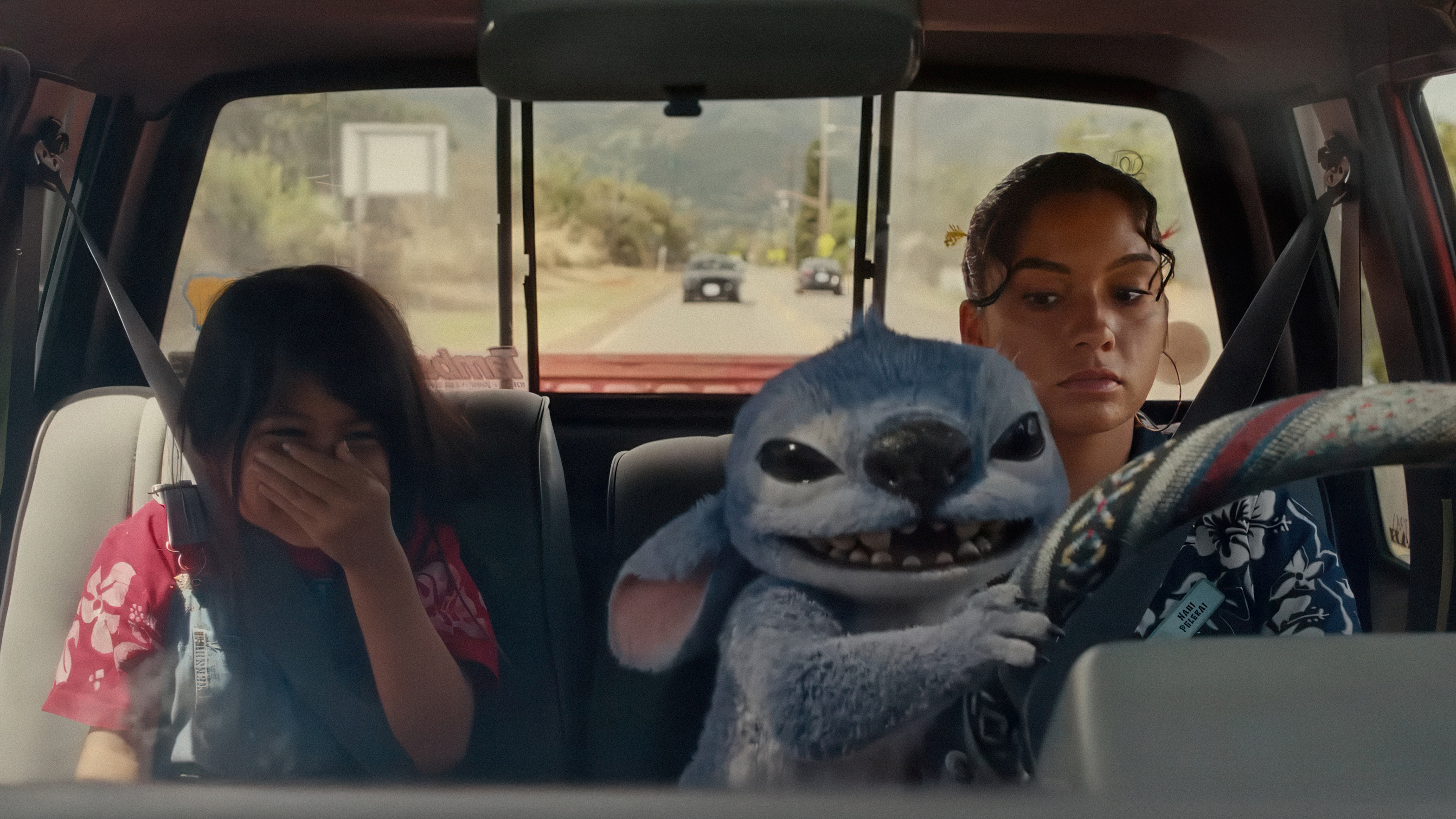
Ahead of Disney’s scheduled Memorial Day release, fans are taking to the internet in protest of another casting decision for the live action version of Lilo & Stitch. Their main complaint is the choice of actress Sydney Agudong, who was born and raised in Hawaii, for the role of Lilo’s older sister, Nani.
They feel the animated version of the character provided a very specific and under-represented depiction of dark skinned Native Hawaiians, as well as women with curvy body types. And while Disney’s stylistic approach to drawing women hasn’t always been so grounded in reality, this is one occasion where I say if you can draw women from the real world, you can cast them too.
The debate surrounding Agudong’s ethnicity feels a little more problematic, with many drawing conclusions based on her physical appearance alone, and others referencing an older interview of her sister, Siena, in which she states she is Caucasian, Filipino, and Polynesian.
While it’s worth distinguishing that Native Hawaiians can be more broadly categorized as Polynesian, and not all Polynesians are Native Hawaiian, I think we run into dangerous territory when the internet becomes the speculative ethnicity police. The best way to understand anyone’s background or identity is to ask them directly.
That being said, Disney is remaking a story that is centered in Native Hawaiian identity and culture, which includes a long history of colonization, dispossession, and suppression, as well as the banning of Hawaiian language from public schools in 1896 that almost led to its extinction.
If there are parts of the original film the Native Hawaiian community feels Disney got right, it would be a mistake to cast them aside in a live action remake. When aiming to tell the story of a group of people, it’s necessary to include those people in the story, otherwise you’re dealing with a completely different narrative.
HBO’s Harry Potter casting could reinforce negative stereotypes.
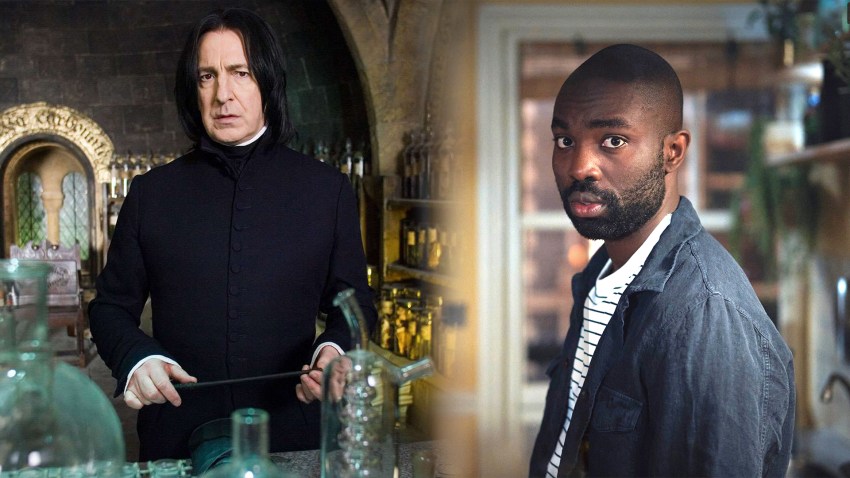
The Harry Potter fandom is also voicing concerns over rumors that the role of Severus Snape will go to British actor Paapa Essiedu. While surface level complaints hinge on accuracy to original descriptions of the character, or the insistence that Adam Driver embodies those very same qualities, fans who are a bit more media literate have raised additional concerns.
Throughout the series, Harry is consistently suspicious of Severus Snape for unnamed reasons that size up to ‘intuition’ and repeatedly treats Snape as a suspect despite a clear lack of evidence, only to later discover that Snape’s hostility toward him is in part due to a history of bullying at the hands of Harry’s father while the two were students at Hogwarts. Much of that abuse is directed at Snape’s appearance.
While J.K. Rowling runs into problematic territory for comments made outside of her books, the stereotyping that takes place within the text itself draws on reused Dickensian tropes our brains are in some ways pre-wired to respond to: good characters are beautiful, bad characters are ugly.
While this technique is flawed as is, both Dickens and Rowling have been accused of letting it slip into anti-semitic stereotypes and beyond, but descriptions of Snape typically avoid heavier scrutiny. Concerned fans instead flag that applying the same plot structure to a conventionally handsome actor of color like Essiedu, creates a potential for racial undertones to penetrate the story where they don’t naturally occur.
If HBO doesn’t include any other actors of color in the principal cast or add further substance to Harry’s suspicion of Snape, it could come across as blatant racial profiling. If they don’t adjust the backstory with James Potter, Harry would have to come to terms with a father who was racist, instead of one who is just a giant asshole.
My takeaway? If the producers are properly aware of these potential pitfalls, there’s still room for them to be gracefully avoided. Layer in enough diversity and character development to remove any implication of racism, and add nuance to Snape’s backstory so it doesn’t rely so heavily on his appearance. Lean into the areas of the story where discrimination is already addressed through magical metaphors, allowing Essiedu to deliver a performance that isn’t tokenized or exploitative because the verdict is loud and clear, audiences are demanding more.


